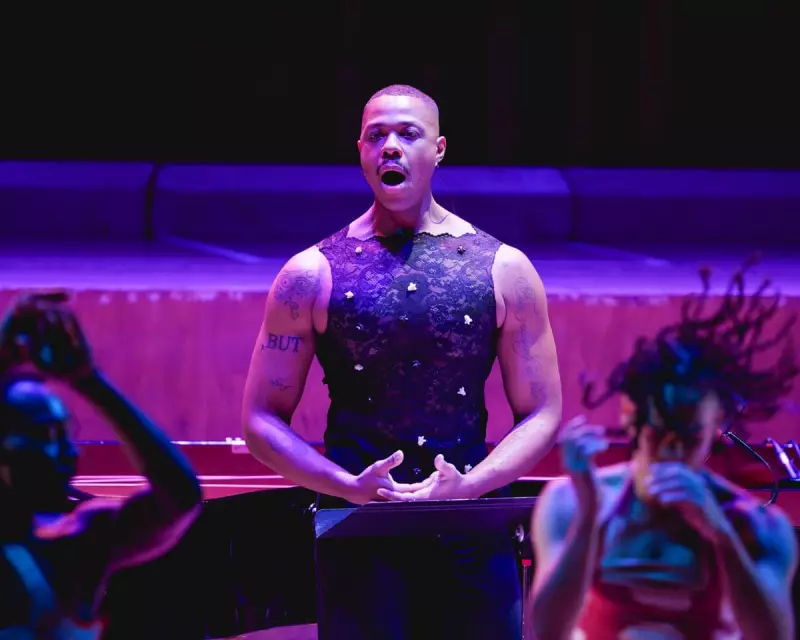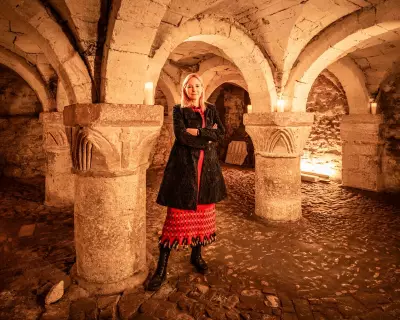
The Barbican Hall witnessed an extraordinary musical resurrection as bass-baritone Davóne Tines delivered a stunning tribute to the long-neglected genius of composer Julius Eastman. In a performance that felt both historically significant and urgently contemporary, Tines championed Eastman's radical compositions, breathing new life into works that were nearly lost to history.
The Maverick Composer Finally Gets His Due
Julius Eastman, the African-American composer who died in obscurity in 1990, has experienced a remarkable posthumous renaissance. His challenging, minimalist works – once considered too avant-garde for mainstream acceptance – now sound remarkably fresh and relevant. Eastman's compositions blend rigorous structure with raw emotional power, creating music that defies easy categorization.
A Performance of Transformative Power
Davóne Tines commanded the stage with a presence that perfectly matched Eastman's demanding compositions. His bass-baritone voice navigated the complex emotional terrain of Eastman's work, moving seamlessly from delicate vulnerability to explosive intensity. The programme, titled A Power Greater Than, showcased Eastman's unique ability to merge minimalist repetition with profound spiritual exploration.
The evening featured several of Eastman's most significant works, including his provocative Gay Guerrilla and the spiritually charged Prelude to The Holy Presence of Joan d'Arc. Each piece demonstrated Eastman's fearless approach to composition and his willingness to confront difficult social and political themes through music.
Correcting Historical Oversight
What made this performance particularly poignant was the sense of historical justice being served. Eastman, who struggled with recognition during his lifetime despite his immense talent, is finally receiving the acclaim he deserved. Tines' interpretation felt like both an artistic achievement and an act of cultural reclamation, restoring a vital voice to the classical canon.
The Barbican audience responded with a standing ovation that acknowledged not just Tines' magnificent performance, but the importance of rediscovering overlooked musical pioneers. This concert demonstrated that Eastman's work isn't just historically significant – it speaks powerfully to our current moment, addressing issues of identity, spirituality, and social justice that remain deeply relevant.
As the classical music world continues to broaden its horizons and re-evaluate its history, performances like this prove essential. Davóne Tines hasn't just revived Julius Eastman's music – he's revealed its enduring power and confirmed its place in the pantheon of great American composition.





